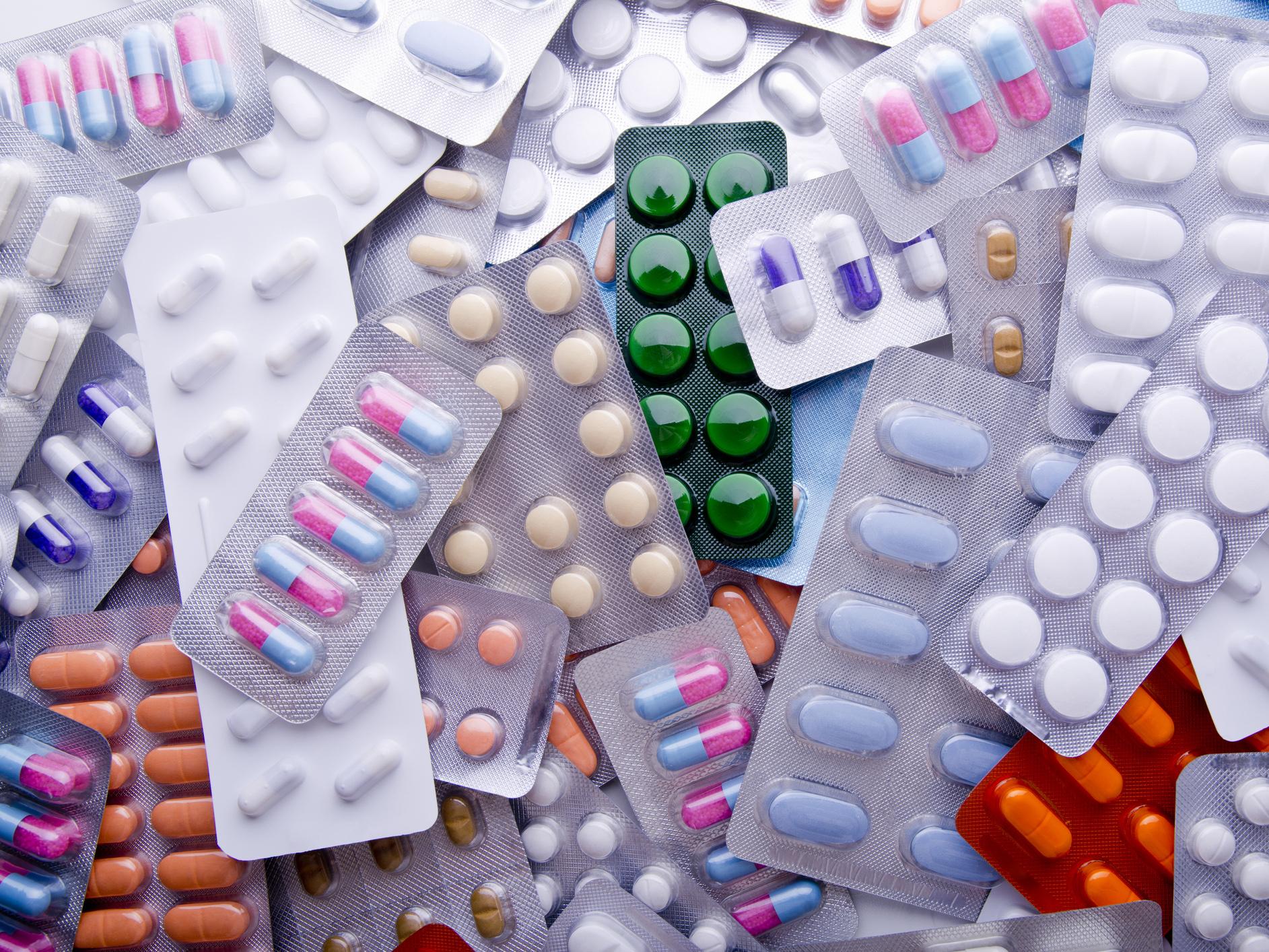World-first scheme to treat patients with life-threatening infections using new antibiotics
New way to pay aims to boost innovation in drug development

Patients with life-threatening infections could be given a new generation of antibiotics under a pioneering scheme to incentivise pharmaceutical giants to develop innovative drugs.
Firms will be offered upfront payments at the start of their work to find new antibiotics which would offer alternative treatments for serious infections, including sepsis and hospital-acquired pneumonia.
Few new classes of antibiotics have been developed since the 1980s due to the high cost of research and low returns for business, leading to increasing antimicrobial resistance to existing treatments from so-called superbugs.
Under the subscription-style payment programme, drug companies will be paid upfront for access to their antibiotic, based on a product’s value to the NHS rather than how much is used.
Announcing the scheme today, Matt Hancock, the health secretary, said it was “imperative” action was taken to tackle resistance to antibiotics.
“This new way of buying antibiotics for patients in the NHS breaks down restrictive barriers to offer companies a vital springboard to foster innovation and develop potentially life-saving new products,” he said.
Two drugs proven to be safe and effective will be selected to undergo an assessment by the National Institute for Health and Care Excellence (Nice) during 2021. The assessment will be used to decide the level of subscription payment, allowing companies to forecast the return on their investment.
NHS patients across the UK could benefit from new antibiotics as early as 2022.
Chief executive of Nice, Professor Gill Leng, said: “We are witnessing the effects of one global pandemic which has highlighted the threat of communicable disease.
“Alongside the threat of coronavirus is the increasing risk posed by antimicrobial resistance, exacerbated by a sparse antimicrobial development pipeline.
“That is why we need to incentivise investment in innovative antimicrobial drug development as soon as possible.“
She added: “We hope that this project will inspire healthcare systems across the world to consider adopting similar models so that collectively we deliver meaningful incentives that reinvigorate the global antimicrobial pipeline.”
The discovery of antibiotics nearly a century ago remains one of the greatest achievements in medicine and they continue to underpin many modern treatments.
However, increasing bacterial resistance and a lack of new therapies is becoming a major threat worldwide for a range of conditions among them tuberculosis, pneumonia, gonorrhoea and food-borne diseases.
Subscribe to Independent Premium to bookmark this article
Want to bookmark your favourite articles and stories to read or reference later? Start your Independent Premium subscription today.

Join our commenting forum
Join thought-provoking conversations, follow other Independent readers and see their replies